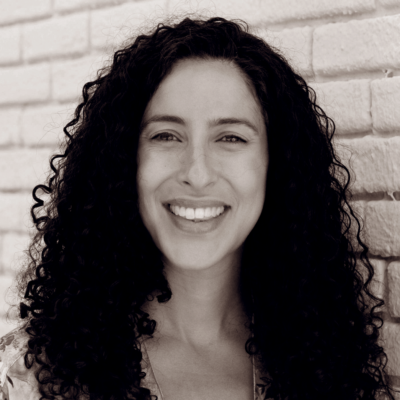Solitude Is a Skill
We all need different amounts of social time and alone time. If the solitary life comes less natural to you, what should you do?

Elizabeth Weingarten is a journalist and applied behavioral scientist who works at the intersection of science and storytelling. She has worked on the editorial staffs of The Atlantic, Slate, and Qatar Today, and was managing editor of Behavioral Scientist. She has led research programs at the think tank New America, the consultancy ideas42, and at tech companies Torch and Udemy.
We all need different amounts of social time and alone time. If the solitary life comes less natural to you, what should you do?
Without enough alone time, I feel disconnected from myself. But too much alone time makes me feel like I’m losing part of myself, too—the part of me that comes alive when I’m with other people.
The more fast, easy answers I consumed, the worse I felt, and the further away I felt from having clarity about how to navigate the ever-present uncertainty of motherhood.
Asking better questions can act as an antidote to uncertainty—and the anxiety that comes with it.
A new book explores why corporate diversity trainings have endured despite the evidence they aren’t effective, and what does work to make progress on diversity, equity, and inclusion inside organizations.
In a new book, economist Claudia Goldin finds that the gender wage gap is a symptom of a far greater problem, one that has largely been invisible.
A conversation with Katy Milkman on what her new book can teach us about how to change our behaviors once and for all.
A conversation with the authors of “Minds Wide Shut” about how to avoid a destructive, and pervasive, mode of thinking that affects all of us.
As the election approaches, it’s essential, and easy, to address this behavioral blind spot.
A writer and psychologist’s take on what poker can teach us all about human nature.
